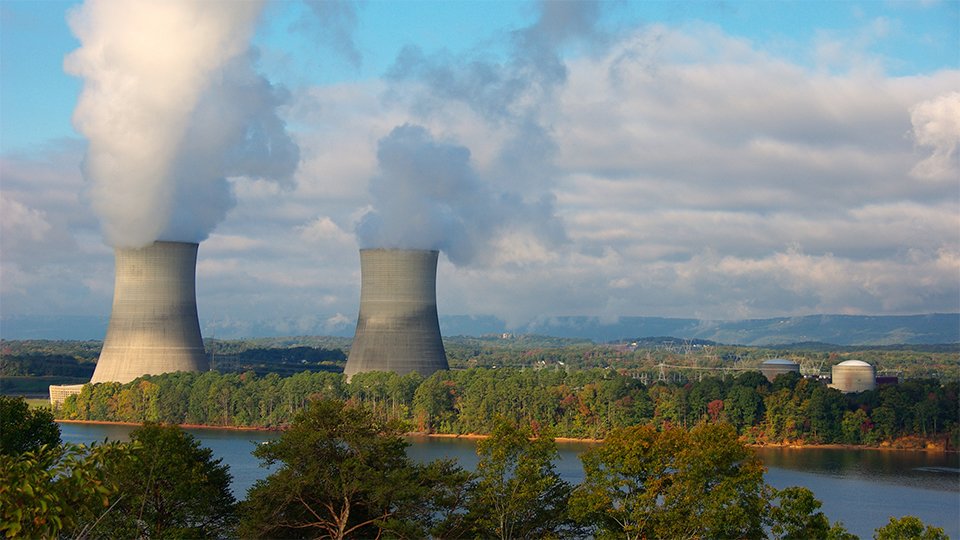
Pursuing a Career in Environmental Law? Read This Article First

Choosing a career is never an easy task, and most people keep switching jobs before settling for one that is the best fit for them. However, there are a few career paths which require a bit more consideration than the rest, and a career in environmental law is one of them. Experts have highlighted seven factors which a prospective and aspiring environmental lawyer should know.
A Science Undergrad is Not Required

Environmental lawyers are not against corporation, even though they’re often seen to be fighting corporate giants
There is a perception that those who become environmental lawyers are from science backgrounds because they must constantly work with scientists to achieve their goals. However, that is not true. In fact, according to Harvard Law School, those coming from a humanities background rather than a science background have an equal chance of excelling as an environmental lawyer, if not more.
This is because it may be better for the scientist to deal with the scientific aspect of the case and for the lawyer to deal with the law aspects, without the two overlapping each other in function. It just makes for a better team.
Environment Law does not equal Business Adversary
Another very popular yet untrue perception is that environmental lawyers are against corporations as they are often seen to be fighting corporate giants to act more responsibly and consider the environment while conducting business activities. Although that is true for those environmental lawyers working in the public sector, there are many who work in the private sector in corporations as counsellors, guiding their companies towards adopting environment-friendly practices, at least those prescribed by law, to make companies compliant with the local and international laws that have been set up by government agencies to protect the environment.

One of the most frustrating aspects environmental lawyers have to deal with is the huge amount of paperwork which must be filed with regulatory authorities before each project
There is Variation in Legal Assignments
The learning curve is great with environmental law practice, as lawyers are asked to do both litigation as well as regulatory work, according to Sahana Rao, a Sive, Paget, & Riesel P.C. associate and recent graduate of NYU Law School. This variation in assignments makes the field very interesting, which is a plus point for those who are looking for an interesting career.
There is a lot of Documentation
One aspect which many new environmental lawyers find most frustrating is the huge amount of paperwork which must be filed with regulatory authorities. Even if a company is following all the regulatory requirements set up by the government to protect the environment, not filing the necessary paperwork can be cause for trouble. However, all the requirements are plain and straightforward, which means lawyers don’t have to make complex interpretations of the law. They must simply follow protocol, which means the job becomes much simpler compared to other legal careers.

The demand for environmental lawyers’ wavers with changes in different government regulations
It’s Alright to Enroll in a Law School without a formal Environmental Law Program
To pursue a career in environmental law, it is not necessary to enroll in a formal law school program, although that is ideal because a specialized degree program would offer you a more in-depth exposure to all the legal aspects of environmental law.
Instead, a law school that does not offer a specialized degree program in environmental law but instead, offers great courses in the same as electives, may be just as a good. Hence, if the law school which you are aspiring to attend does not offer a specialized degree in environmental law but offers good quality courses in the same field, feel free to attend it.
Diversify Your Skillset
The demand for environmental lawyers’ wavers with changes in government regulations, which negatively impacts those who don’t have a diversified skillset. According to Beth S. Gotthelf, who is a co-chair at the Butzel Long law firm’s sustainability team, it is wise for aspiring environmental lawyers to also master in related law fields such as real estate or government relations, as that would offer a cushion against a sudden decline in the demand for environmental lawyers.
In fact, the best option would be to go for a J.D. plus MBA joint program, as most solutions in the future regarding climate change would require a lawyer with understanding of how a business functions, what impact it has on the environment, and how the law can be used to positively impact them all.
More in Law Degree
-
A Step-By-Step Guide to Becoming a Real Estate Lawyer
A real estate lawyer specializes in legal matters related to property, from transactions to disputes. They ensure legality in real estate...
December 3, 2023 -
What Is Asylum & How Does It Work?
At its core, asylum is a protection granted to foreign nationals in a country because they have suffered persecution or have...
November 26, 2023 -
6 Reasons Why Sentencing Is Any Judge’s Toughest Assignment
When you picture a judge, you might imagine a stern figure in black robes, gavel in hand, delivering verdicts with unwavering...
November 14, 2023 -
Carrie Underwood Sued for NBC Sunday Night Football’s “Game On”
It is almost ritualistic. As the weekend winds down and Sunday evening approaches, millions across America gear up for a night...
November 12, 2023 -
Why Lawyers’ Productivity Has Increased in Modern Times
Remember the old days when your image of a lawyer might have been drawn straight out of an episode of “Matlock”...
November 5, 2023 -
Paying Down Debts Using Debt Relief Tactics
Debt is like that lingering headache that never seems to go away, no matter how much aspirin you pop. But there...
October 29, 2023 -
Pro Se: Your Right to Represent Yourself WITHOUT an Attorney
The legal system is complex and so, more often than not, people hire a professional attorney to navigate the legal system....
October 21, 2023 -
The Craziest, Most Expensive Hollywood Divorces of All Time
Hollywood is the land of glitz, glamour, and romance – until it is not. Over the years, we have seen our...
October 13, 2023 -
How Was Life as a Lawyer in Ancient Rome?
The Late Roman Republic was a period chock-full of political drama, rampant corruption, and the rise and fall of powerful figures....
October 8, 2023














